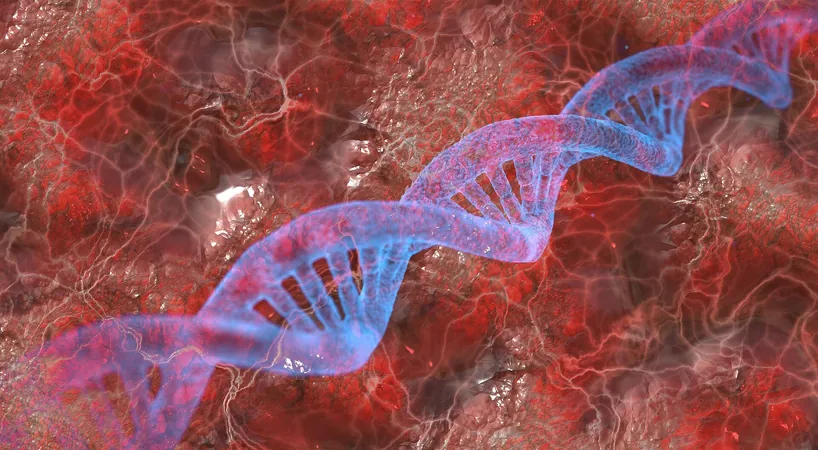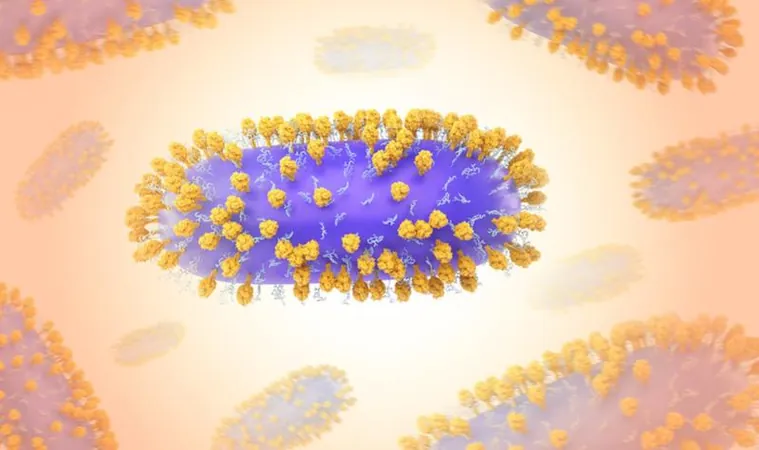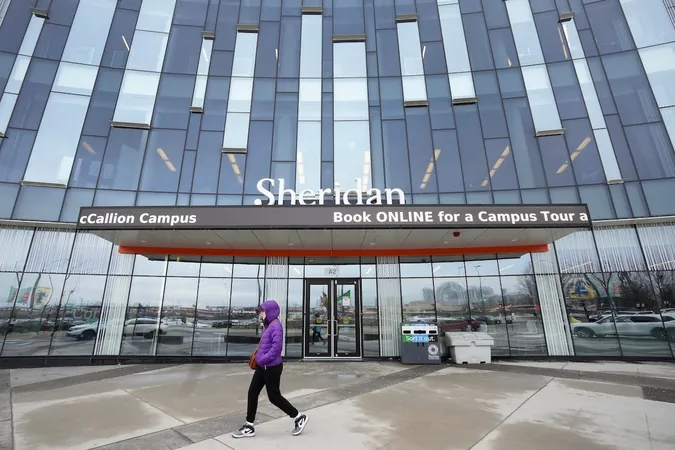
Unlocking the Secrets of Cells: Groundbreaking Quantum Computing Algorithm Revolutionizes Single-Cell Analysis!
2024-11-29
Author: Jacob
Introduction
In a pivotal breakthrough for both computational biology and quantum computing, University of Georgia statisticians have unveiled a revolutionary quantum algorithm designed to tackle the intricate challenges posed by single-cell analysis. This groundbreaking study, titled “Bisection Grover’s Search Algorithm and Its Application in Analyzing CITE-seq Data,” was recently published in the esteemed Journal of the American Statistical Association on September 20.
Importance of Single-Cell Analysis
Single-cell analysis is crucial for understanding the molecular identity of individual cells, especially in the context of disease research. Traditional methods often falter in processing the staggering volume of data that emerges from measuring RNA and protein expressions in single cells. Enter the innovative quantum algorithm, which streamlines this analysis by effectively selecting key markers from billions of potential combinations—a task that is not only overwhelming for classical computing methods but also time-consuming.
Dr. Ping Ma's Insights
Dr. Ping Ma, a distinguished research professor in the Franklin College of Arts and Sciences at UGA, expressed the transformative potential of this algorithm, stating, “The power of quantum computing—an emerging and complex technology—provides a faster and more efficient way to analyze biological data. This can drastically improve our ability to understand both health and disease conditions.”
Classical vs Quantum Algorithms
While classical algorithms operate on conventional computers and methodically tackle problems bit-by-bit (think of traditional smartphones and laptops), quantum algorithms utilize quantum bits, or qubits, which can represent multiple states simultaneously due to a phenomenon known as superposition. This capability allows quantum algorithms to explore countless possibilities in parallel, leveraging another quantum property, entanglement, to enhance computational efficiency.
Analogy of Problem Solving
Picture this: classical algorithms navigate a maze one path at a time, while quantum algorithms traverse every possible route all at once. This can lead to faster and more effective solutions for complex biological challenges.
Validation Through Practical Experimentation
The significance of this study was underscored by its validation through practical experimentation with IBM’s quantum computer, conducted by UGA doctoral students Yongkai Chen and Haoran Lu. Their work illustrates the tangible application of theoretical breakthroughs in real-world scenarios.
Comments from Wenxuan Zhong
Wenxuan Zhong, another author of the study and UGA Athletic Association Professor, emphasized the unique strengths of quantum algorithms in addressing complex genomic problems. “The combinations and interactions of genetic markers or sequences can be vast and computationally demanding. Quantum computing is well-suited to tackle these challenges,” he remarked.
Future Prospects
As quantum technology progresses, this innovative research signifies a leap toward integrating high-tech solutions within life sciences, promising not only advancements in our understanding of cellular mechanisms but potentially leading to new therapeutic strategies and a better grasp of various diseases.
Conclusion
Stay tuned as we dive deeper into how this cutting-edge development could reshape our biological insights and transform the future of biomedical research!









 Brasil (PT)
Brasil (PT)
 Canada (EN)
Canada (EN)
 Chile (ES)
Chile (ES)
 España (ES)
España (ES)
 France (FR)
France (FR)
 Hong Kong (EN)
Hong Kong (EN)
 Italia (IT)
Italia (IT)
 日本 (JA)
日本 (JA)
 Magyarország (HU)
Magyarország (HU)
 Norge (NO)
Norge (NO)
 Polska (PL)
Polska (PL)
 Schweiz (DE)
Schweiz (DE)
 Singapore (EN)
Singapore (EN)
 Sverige (SV)
Sverige (SV)
 Suomi (FI)
Suomi (FI)
 Türkiye (TR)
Türkiye (TR)